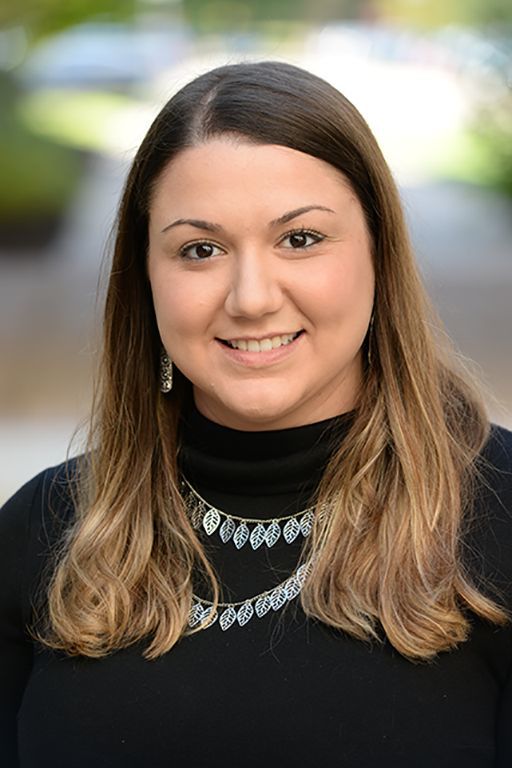Klales is one in one hundred twenty
March 19, 2019
Alexandra Klales is an assistant professor of forensic anthropology at Washburn University and recently earned her American Board of Forensic Anthropology (ABFA) diplomate certification. Klales marks only 120 ABFA board certified forensic anthropologists in the whole world.
Anthropology is the study of human societies and cultures and their development. Forensic anthropology is the application of that same study to the legal process. The human skeleton is not only the foundation of forensic anthropology, but all of humankind.
The American Board of Forensic Anthropology was incorporated in 1977 as a non-profit organization to provide, in the public interest and the advancement of science, a program of certification in forensic anthropology.
Washburn University recognized student’s increased interest in forensic sciences and was the first program in Kansas to offer a Bachelor of Science in anthropology with a forensic concentration. Moreover, Washburn is one of only three programs in the U.S. that offers a bachelor’s degree in forensic anthropology with training from and experience with a board certified forensic anthropologist. Washburn is also unique in that undergraduates in the B.S. Anthropology (Forensics Concentration) program because they, “get hands-on experience with real active forensic casework alongside me. This can include doing recovery of remains in outdoor crime scenes along with law enforcement or medical examiners or establishing the biological profile (age, sex, ancestry, stature) of the decedent in the lab.”
Klales’ expert grasp on skeletal analysis allowed her to be recognized on a national level. ABFA diplomates represent, “The highest recognized level of professional qualification in the field of forensic anthropology. Diplomate certification is based upon a personal and professional record of education and training, experience and achievement.”
According to Klales, The ABFA certification process involves a rigorous evaluation of the education, training and experience of an applicant before the applicant can sit for the board exam. If the applicant meets the requirements of the board, he or she is allowed to sit for the two-part exam. The exam consists of a lengthy set of multiple-choice questions, followed by an extensive hands-on practical examination, both of which have to be completed within a single eight-hour period.
If the person passes the examination, he or she is granted certification by the ABFA and is known as a Diplomate of the American Board of Forensic Anthropology (D-ABFA). Each Diplomate is assigned a unique certification number. A Diplomate must sign a statement of ethics each year; additionally, each must be able to document a record of ongoing continuing education in the field every three years.
While other individuals may meet some or all of these requirements, the process and achievement of ABFA certification ensures that practitioners have demonstrated a high level of ability and skill. Moreover, certification tends to lend credibility to reports and court testimony. The forensic anthropology case reports completed by the Washburn University Forensic Anthropology Recovery Unit are considered more credible now that I have achieved board certification and have joined just a small number of active diplomates.
Mary Sundal, associate professor and chair of the sociology and anthropology department at Washburn University said in an interview with the Washburn Newsroom, “Dr. Klales’ diplomate certification illustrates her commitment to and expertise in forensic anthropology…Her certification helps in our continual advancements in the anthropology forensics program at Washburn.”
“The exam and certification are the highest level of achievement in the field of forensic anthropology, so when I started undergrad at the University of Pittsburgh, PA, that was always the goal- to work toward certification and to become board certified,” Klales said. “I am proud to join the other ABFA experts.”



